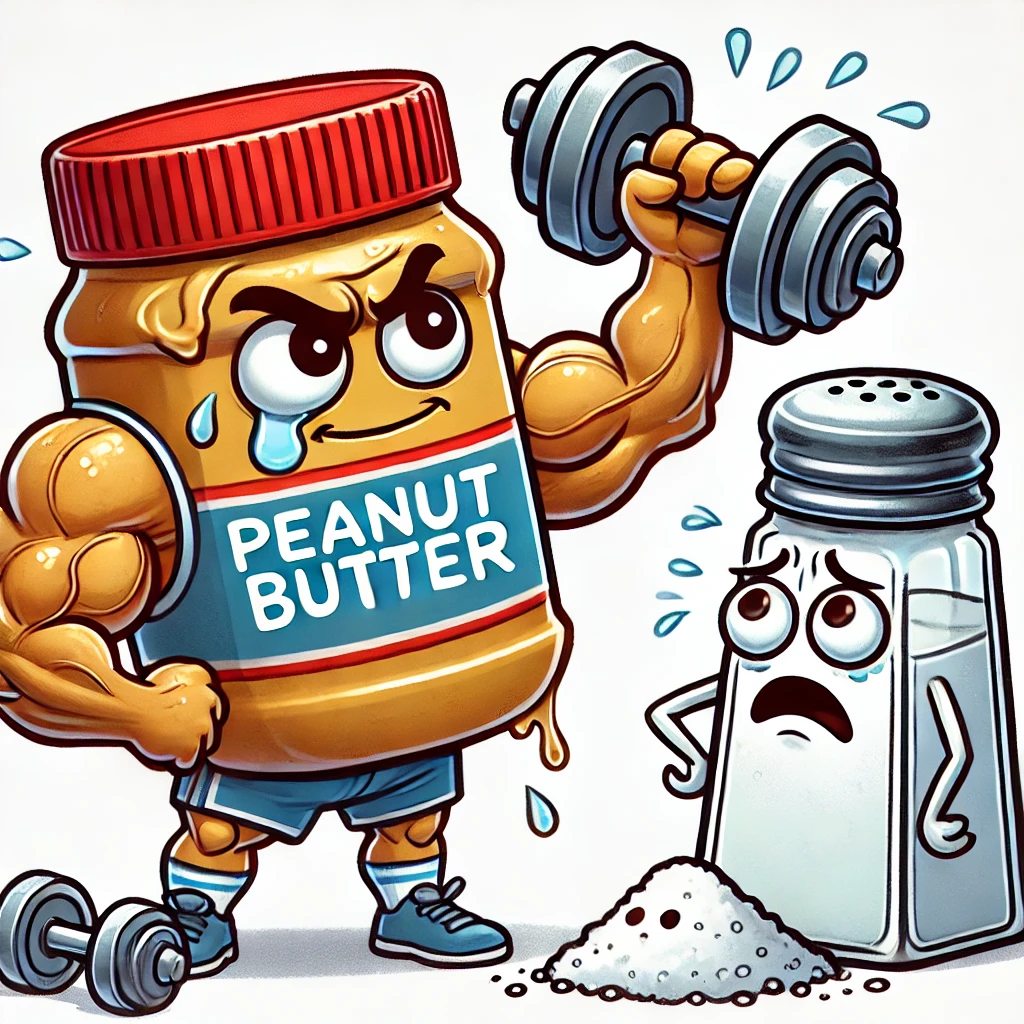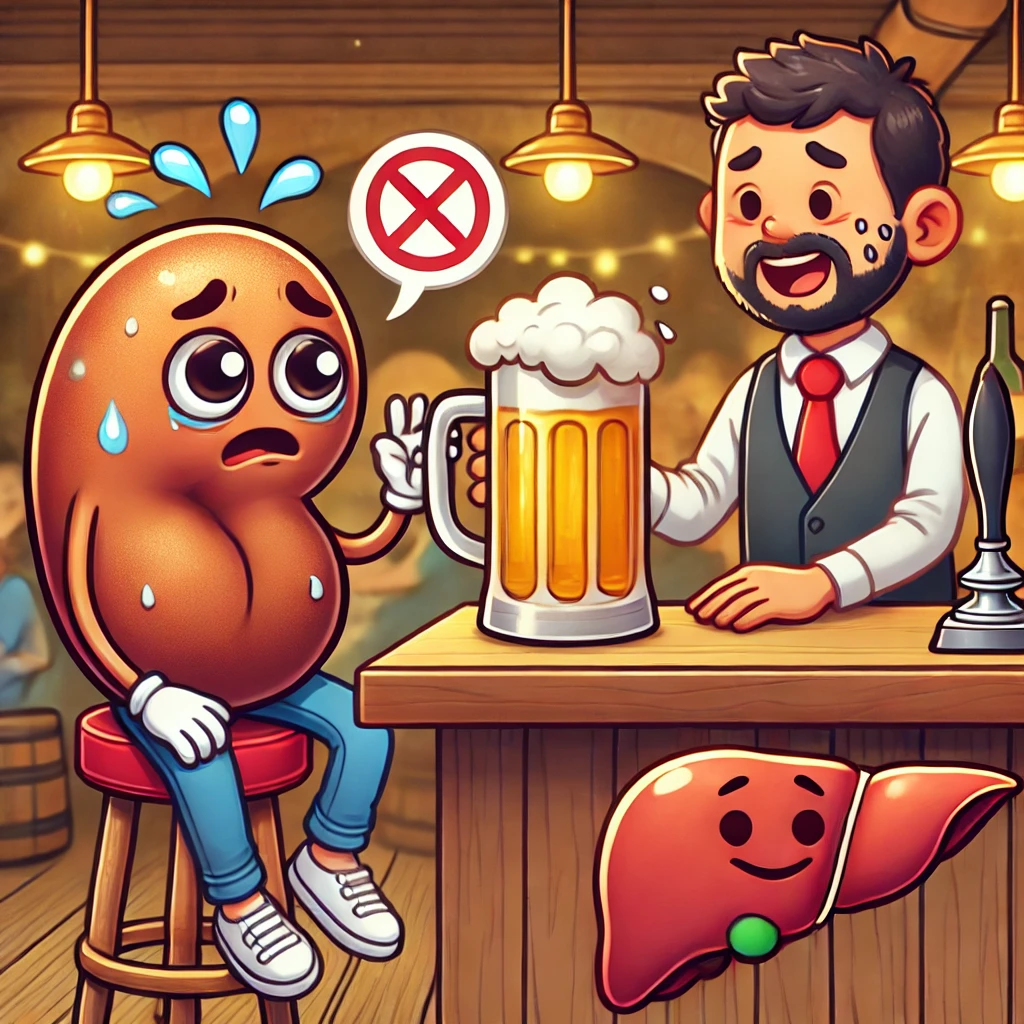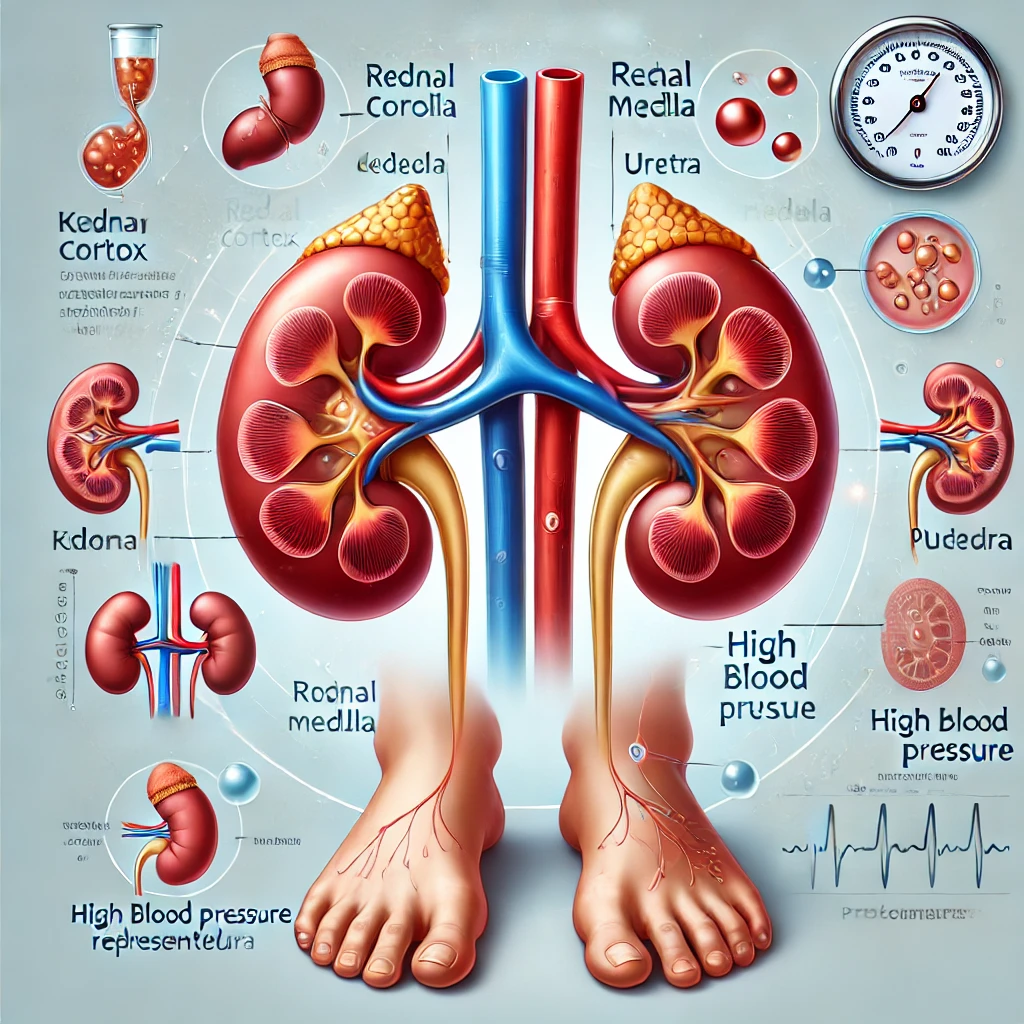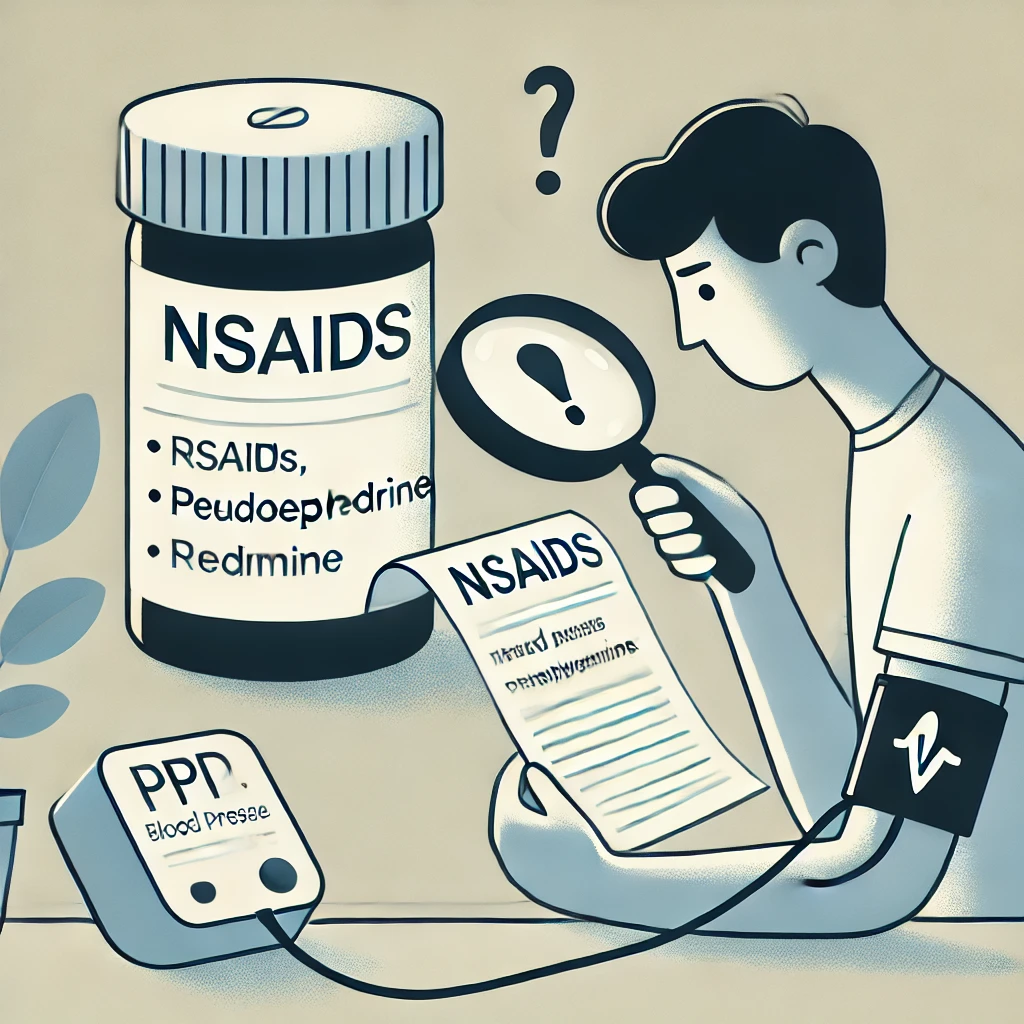Optimal Blood Pressure Targets for Kidney Transplant Recipients: Evolution of Research and Best Practices
The optimal blood pressure target for kidney transplant recipients remains a subject of debate. While multiple studies have confirmed that hypertension negatively impacts graft survival, there is still a lack of clear clinical evidence regarding… Optimal Blood Pressure Targets for Kidney Transplant Recipients: Evolution of Research and Best Practices



